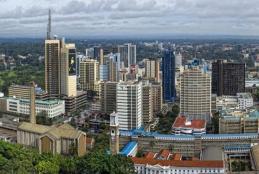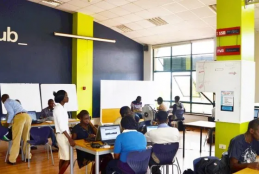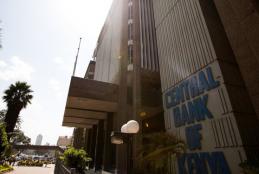European Union grants Kenya additional Ksh.7.8 billion to address COVID-19 impact
The European Union (EU) has granted Kenya an additional Ksh.7.8 billion to address the socio-economic impact of the COVID-19 pandemic.
EU, in a statement to the press released on Monday, said the funds are geared towards helping Kenyans at risk of hunger and strengthening measures to curb the spread of the disease.
The package includes Ksh.3.6 billion for mobilising resources towards containing the spread and impact of COVID-19 in the health, social and economic sectors through budget support to the Government of Kenya.



